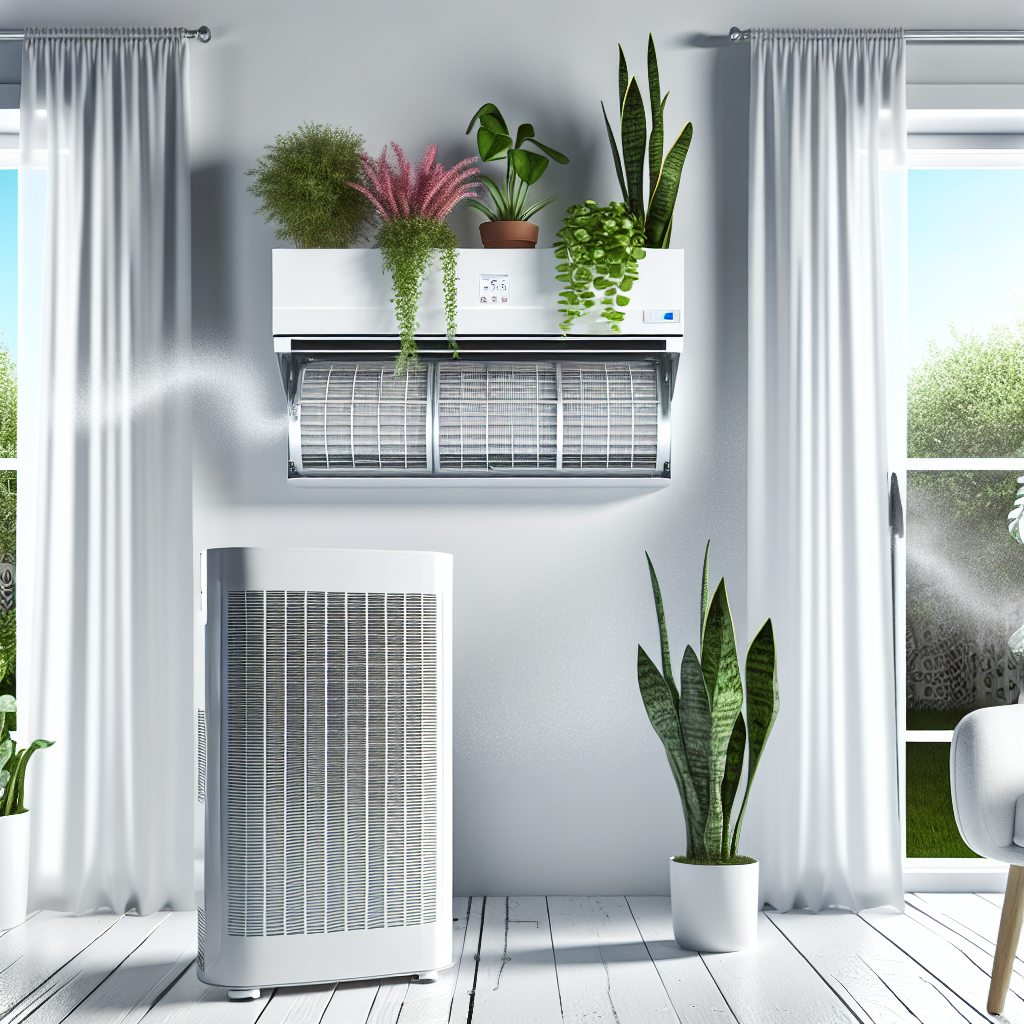Published: Jun 06, 2025

In today's world, where we spend most of our time indoors, the quality of the air we breathe in our homes is crucial for our health and well-being. Poor indoor air quality can lead to a range of health issues, from respiratory problems to allergies and even more serious conditions. However, with some simple steps and changes, you can significantly improve the air quality in your home, creating a healthier environment for you and your family.
Before making any changes, it's important to understand what indoor air quality is and what factors can affect it. Indoor air quality refers to the air within and around buildings, including homes, and how it affects the health and comfort of the occupants. Various pollutants can impact indoor air quality, including dust mites, pet dander, mold spores, volatile organic compounds (VOCs) from cleaning products and furniture, and even outdoor pollutants that make their way indoors.
Dust and dust mites are common indoor allergens that can trigger respiratory issues, especially in individuals with allergies or asthma. Regular dusting and vacuuming can help reduce their presence in your home.
Mold thrives in damp and humid environments and can release spores into the air, triggering allergies and respiratory problems. Keep your home dry and well-ventilated to prevent mold growth.
Pet dander, tiny flecks of skin shed by animals, can be a significant allergen for many people. If you have pets, regularly grooming and bathing them can help reduce the amount of dander in your home.
Volatile organic compounds (VOCs) are chemicals emitted as gases from various household products, such as paints, cleaning agents, and air fresheners. Opt for low-VOC or VOC-free products to minimize their impact on indoor air quality.
Regular cleaning is key to reducing indoor air pollutants. Dust and vacuum frequently, and don't forget to clean or replace filters in your HVAC system regularly.
Keep indoor humidity levels between 30-50% to prevent mold growth and reduce dust mites. Consider using a dehumidifier in damp areas of your home.
Proper ventilation is essential to allow fresh air into your home and prevent the buildup of indoor pollutants. Open windows when weather permits or use exhaust fans in kitchens and bathrooms.
Air purifiers can help remove pollutants from the air, improving overall air quality. Look for units with HEPA filters that can capture small particles effectively.
Tobacco smoke is a significant indoor air pollutant that can pose serious health risks. Avoid smoking inside your home to protect your indoor air quality and the health of your family.
Improving indoor air quality is a crucial step towards creating a healthier living environment for you and your loved ones. By understanding common indoor air pollutants and implementing simple strategies like regular cleaning, maintaining optimal humidity levels, and using air purifiers, you can significantly enhance the air quality in your home.
Remember, the air you breathe indoors directly impacts your health, so investing time and effort into improving indoor air quality is an investment in your well-being.

Our expert technicians are ready to assist you 24/7!
Contact Us Today!Read our latest articles for helpful information about heating, cooling, and air quality.
Implementing regular cleaning routines, ensuring proper ventilation, investing in air purifiers, controlling humidity le...
Read MoreSmart thermostats are not only convenient but can also significantly impact your HVAC system's efficiency and reduce yo...
Read MoreWhen choosing between a furnace and a heat pump for your home, consider factors like climate, energy costs, and budget...
Read MoreInvesting in energy-efficient HVAC systems like variable-speed air conditioners, heat pumps, and smart thermostats can...
Read More